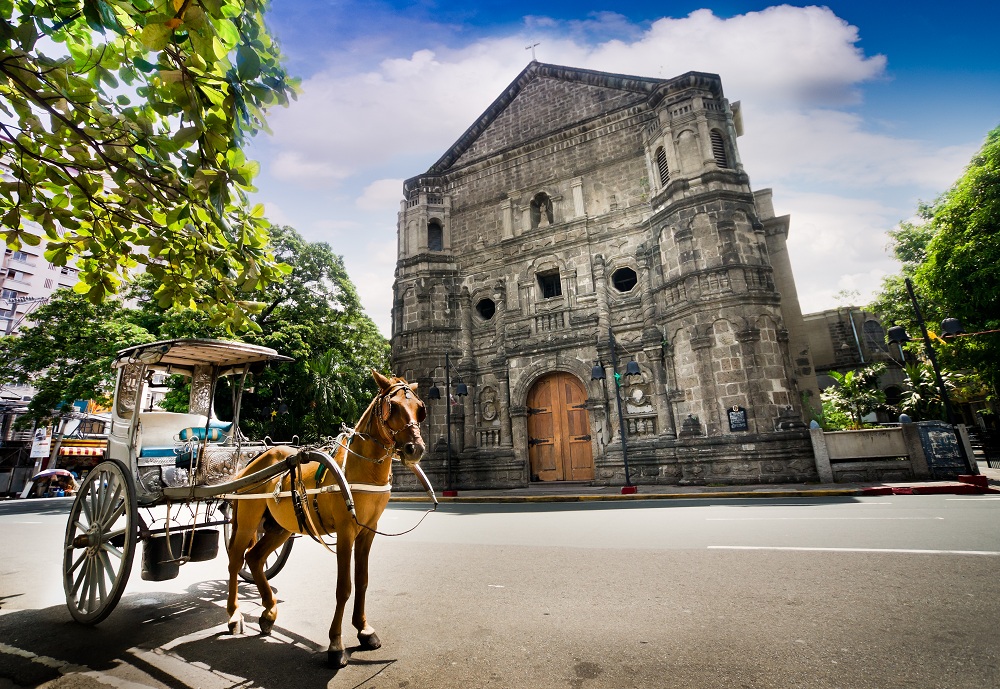- Travel and outdoor adventures offer deep insights into diverse cultures, traditions, and customs around the world.
- Engaging with local cuisine provides an understanding of regional flavors, history, and way of life.
- Exploring historical sites and architecture reveals the cultural and historical evolution of the visited locations.
- Embracing local customs, food, history, and nature during travels enhances one’s appreciation for global diversity.
The world is a vast and diverse place, filled with countless cultures, cuisines, and traditions waiting to be explored. As a travel enthusiast, you have the unique opportunity to immerse yourself in these diverse cultures and learn about the world around you, one adventure at a time. Whether it’s hiking through the mountains of Nepal or exploring the ancient ruins of Machu Picchu, every journey you take opens your mind to new experiences and perspectives. This blog post will explore how travel and outdoor adventures can help you learn about different cultures around the world.
Immersion in Local Customs and Traditions
One of the most authentic ways to experience a culture is by immersing yourself in local customs and traditions. Whether it’s participating in a traditional dance ceremony in Bali or attending a Bat Mitzvah in Israel, these experiences can provide a window into the soul of a culture. Travel and outdoor adventures offer ample opportunities to participate in cultural celebrations and events, allowing you to connect more deeply with the people you meet. Here are some things to take into account:
Research Local Customs and Traditions Before You Go
Before embarking on your journey, it’s important to research the local customs and traditions of the place you’re visiting. Understanding these cultural nuances can help you engage in a more meaningful way with the locals and respect their culture. This could involve learning about local etiquette, traditional dress, popular festivals, and religious practices.
Respect Cultural Boundaries
While immersing in different cultures, it’s crucial to respect cultural boundaries. This means refraining from actions that might be considered disrespectful or inappropriate in the local culture.
For instance, in some cultures, it’s disrespectful to touch someone’s head or enter their home with your shoes on. By being aware and respectful of these cultural boundaries, you not only show your respect for the local culture but also ensure a more enriching and harmonious travel experience.
Ask Questions
Don’t hesitate to ask questions when you’re exploring new cultures. Locals usually appreciate genuine curiosity about their customs and traditions, and it’s a fantastic way to learn more about the place you’re visiting.
However, it’s essential to ask these questions respectfully. Remember, the goal is to gain a deeper understanding of the culture, not to make judgments or comparisons. So, whether you’re curious about a local dish, a traditional craft, or a religious practice, ask away and enrich your cultural knowledge.

Visit Local Food Destinations
Experiencing local cuisine is an integral part of cultural exploration. Each region has its unique flavors and dishes that reflect its history, climate, and way of life. From exotic street food stalls in the bustling markets of Bangkok to elegant French bistros in Paris, every meal offers insights into the region’s culinary traditions. Here are other examples:
Chinese Cuisine
Chinese cuisine, renowned for its diverse flavors and cooking styles, offers you a unique cultural experience. Walking into a traditional Chinese restaurant, you’re greeted with a variety of aromatic dishes, each carefully crafted to represent different regions of China. Whether it’s the spicy and numbing Szechuan dishes, savory and tender Cantonese roasted meats, or the sweet and sour flavors of Shandong, every dish tells a story about the local community’s traditions and lifestyle.
Mexican Cuisine
Mexico’s vibrant and varied cuisine is a reflection of its complex cultural heritage. Traditional dishes like enchiladas, tacos, and tamales are often filled with flavorful spices that have been used for centuries. From the fiery chipotle peppers of Mexico City to the earthy Mayan flavors of Yucatán, local restaurants serve up a variety of dishes that reflect the region’s unique culinary traditions.
Indian Cuisine
Indian cuisine, much like its country, is rich and diverse. With flavors ranging from sweet to spicy, each dish reflects India’s complex history and vast cultural influences. Whether it’s savory curries or succulent tandoori chicken, every meal offers a glimpse into the culture and culinary traditions of India. Visiting an Indian restaurant is a great way to gain a deeper understanding of Indian cuisine and its many regional variations.

Learning History and Architecture
Many of the world’s most vibrant cultures are steeped in rich history and architectural wonders. Traveling and exploring outdoor adventures provides a chance to learn about the pasts of the places you visit.
Walking through the ruins of ancient cities or soaking up Renaissance art in Florence, you can discover the evolution of architecture and its historical significance. Whether exploring a cultural site or just enjoying the scenery, you are learning and appreciating the culture’s history and its role in the world.
If possible, try to take a guided tour of local historical sites, as this is often the best way to gain insights into the culture’s history and architecture. Local guides can provide you with an in-depth understanding of what you’re seeing and its relevance to the region’s culture and past.
Travel and outdoor adventures are powerful tools for learning about the world’s various cultures, cuisines, and traditions. Immerse yourself in local customs, try new cuisine, learn about history and architecture, encounter new languages, and appreciate nature while considering sustainability. Regardless of where you travel and what outdoor adventures you undertake, you are sure to learn something new and gain a broader appreciation for the diverse cultures around the world.



